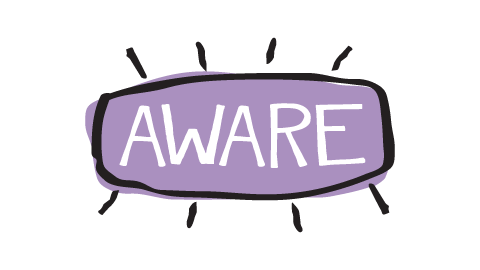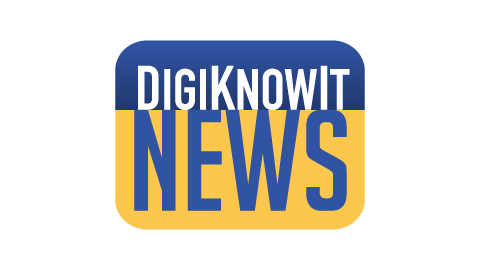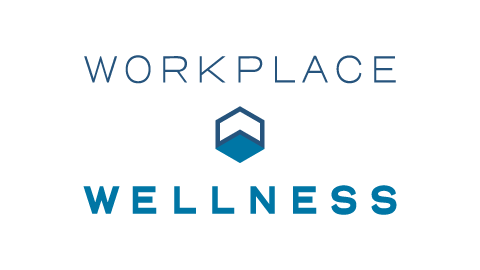FOCUS AREAS
iRT develops programs and services to improve the lives of people with disabilities.
Worldwide, having a disability in childhood or adolescence can result in discrimination, social exclusion, and being marginalized in society. Estimates vary across studies, but suggest that somewhere around 15% of the world’s population has some form of disability, with between 93 million and 150 million youth between the ages of 0 and 18 having a disability. In fact, recent data suggest that over 11.2 percent of the 2.6 billion children in the world have one of four specific disabilities including an intellectual disability, vision or hearing loss, or childhood epilepsy. In the U.S., one prevalence estimate reports that 14 percent of or 7.1 million public school students received special education services in 2018-2019. Having a disability is associated with health, economic, and education challenges. For example, children and adolescents with disabilities are less likely to attend school and more likely to drop out of high school before graduating.
Prevention and treatment interventions are often developed for youth who are typically developing and many interventions are not developed for or tailored to meet the needs of children and adolescents who have a disability.
iRT believes in iteratively and carefully developing empirically validated intervention programs that take into consideration the needs and capabilities of youth with a disability. iRT also believes in integrating the voices and wishes of the target audience, in support of the perspective, “nothing for me, without me.” Thus, input and feedback are sought from youth, parents, advocates, and service providers in both developing programs and creating protocols to evaluate them.
Dr. Alison Parker conducts research on mindfulness education research on adolescents with a disability including teens with Fetal Alcohol Spectrum Disorder (FASD) and teens with 22q11DS. She is developing research tools that can help research studies conducted with children and adolescents be more inclusive of individuals with a disability, such as creating developmentally appropriate recruitment resources to educate youth about participating in a clinical trial, designing screening tools to identify youth with a behavioral or developmental disability, and creating assessment administration methods that include accommodations for youth with a disability. In addition, she is developing web-based resources for small business owners and architects that integrate principles of behavioral design to promote workplace wellness that are inclusive of workers with a disability.
Dr. Janis Kupersmidt conducts research on mindfulness education research on adolescents with a disability including teens with Fetal Alcohol Spectrum Disorder (FASD) and teens with 22q11DS.She conducts research on the relationship between mentoring program practices and outcomes for youth with a disability. In addition, she is developing research tools that can help research studies conducted with children and adolescents be more inclusive of individuals with a disability, such as creating developmentally appropriate recruitment resources to educate youth about participating in a clinical trial.
Dr. Tracy Scull is developing research tools that can help research studies conducted with children and adolescents be more inclusive of individuals with a disability, such as creating developmentally appropriate recruitment resources to educate youth about participating in a clinical trial.
Dr. Katie Stump conducts research on the relationship between mentoring program practices and outcomes for youth with a disability.
Dr. Rebecca Stelter conducts research on the relationship between mentoring program practices and outcomes for youth with a disability.
Dr. Allison Schmidt is developing web-based resources for small business owners and architects that integrate principles of behavioral design to promote workplace wellness that are inclusive of workers with a disability.
RELATED PROJECTS
RELATED PRODUCTS
RELATED PUBLICATIONS
RELATED PRESENTATIONS
Kupersmidt, J., Stelter, R. Garringer, M. & Bourgoin, J. (2018). STEM Mentoring: Supplement to the Elements of Effective Practice for Mentoring. Boston, MA: MENTOR: The National Mentoring Partnership.
Parker, A. E., Kupersmidt, J. B., Hiatt, C., & Carmichael Olson, H. (2018). Social information processing and intentions to use substances in adolescents with Fetal Alcohol Spectrum Disorder. In M. Van Rest (Chair), Individual and Contextual Social Factors Affect Social Decision-Making and Risk Behaviors such as Substance use and Aggression. Paper symposium presented at the Society for Research on Adolescence in Minneapolis, MN, April 2018.
Parker, A. E. & Scull, T. B. (2017). Creation of comic books for new educational resource for youth. Workshop conducted at the International Children’s Advisory Network (iCAN) Summit in Orlando, FL, July 2017.
Parker, A. E., Kupersmidt, J. B., Upton, S., Alter, M., & Olson, H. (2016, March). Online mindfulness program for adolescents with Fetal Alcohol Spectrum Disorder for healthy coping and decision-making skills. Poster presented at the Society for Research on Adolescence, Baltimore, MD.
Parker, A. E., Kupersmidt, J. B., Carmichael Olson, H., Grant, T., (2014, April). Online mindfulness training for adolescents with Fetal Alcohol Spectrum Disorder. Oral presentation at the 6th National Biennial Conference on Adolescents and Adults with FASD, Vancouver, BC.




